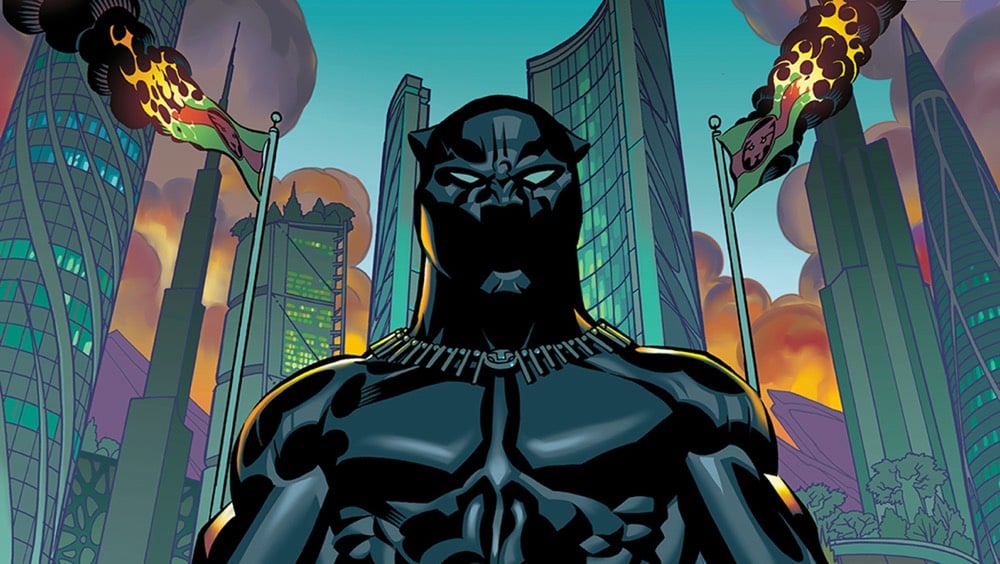Black Panther, a suggested comics reading list

Over the weekend, I saw Black Panther. Twice. It’s such a vibrant world that I wanted to experience more of, so I asked some comics nerds on Twitter:
Black Panther is the first superhero movie I’ve seen that makes me want to read the comic book. Where should I start?
Here’s what they suggested for a beginner Black Panther reader.
Black Panther #1-49 (1998) by Christopher Priest. “Black Panther reinvented as a sharp and witty political satire? Believe it! T’Challa is the man with the plan, as Christopher Priest puts the emphasis on the Wakandan king’s reputation as the ultimate statesman, as seen through the eyes of the U.S. government’s Everett K. Ross.”
Black Panther #1-12 (2016) by Ta-Nehisi Coates. “A new era begins for the Black Panther! MacArthur Genius and National Book Award-winning writer Ta-Nehisi Coates (Between the World and Me) takes the helm, confronting T’Challa with a dramatic upheaval in Wakanda that will make leading the African nation tougher than ever before.”
Black Panther: World of Wakanda by Roxane Gay & Yona Harvey. “You know them now as the Midnight Angels, but in this story they are just Ayo and Aneka, young women recruited to become Dora Milaje, an elite task force trained to protect the crown of Wakanda at all costs. Their first assignment will be to protect Queen Shuri… but what happens when your nation needs your hearts and minds, but you already gave them to each other?”
Panther’s Rage by Don McGregor. In Comics Alliance, Tom Speelman wrote that this three-year run of Black Panther in the mid-70s “pioneered modern comics”. The story of how McGregor talked his way into this reinvention is pretty interesting. “I kept saying to them, ‘I can’t believe you guys are printing this racist material in the 1970s.’”
See also the NY Times’ list of what articles and essays to read after seeing the movie.





Stay Connected